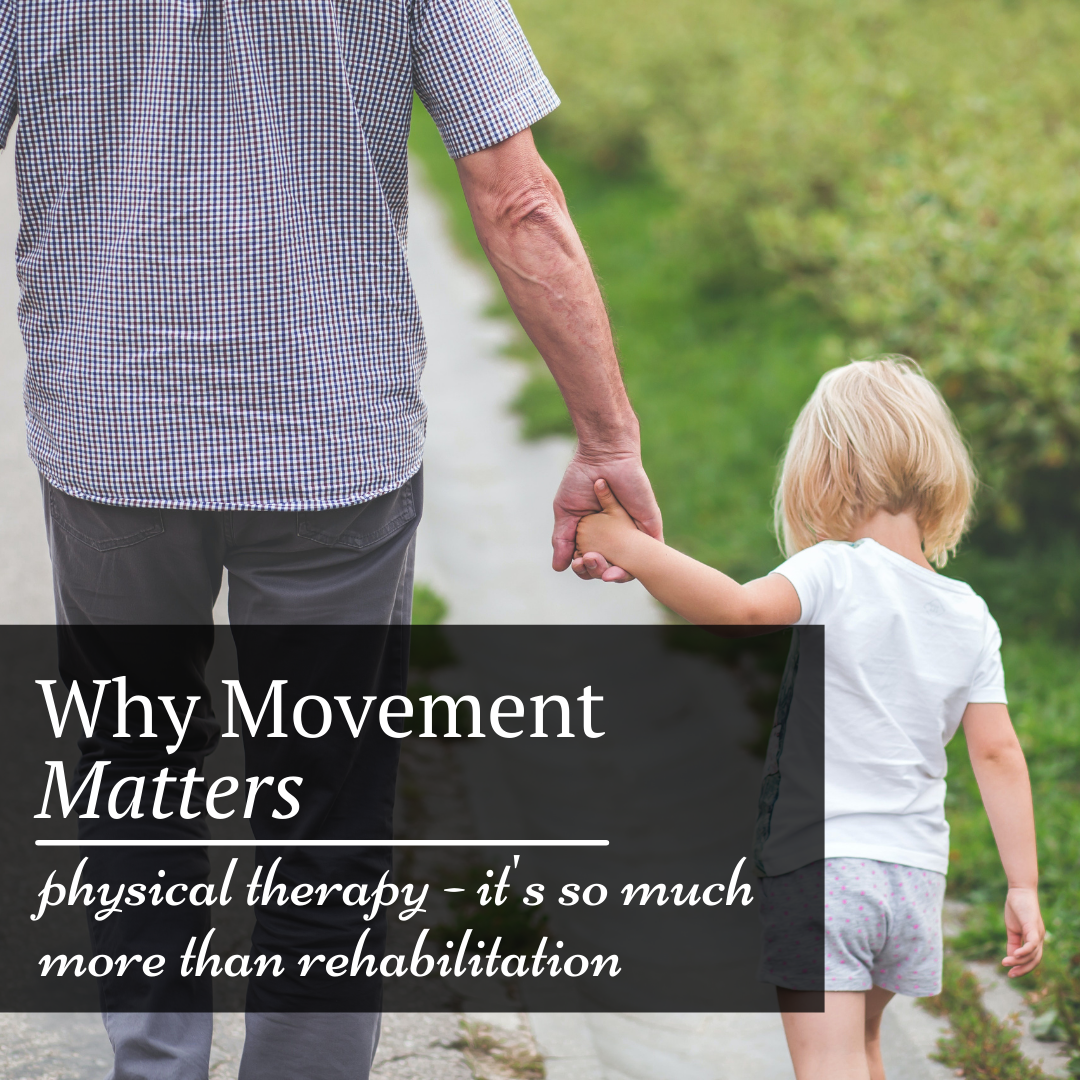Why Movement Matters
While the profession of physical therapy is often characterized under the generalized label “rehabilitation,” Houston physical therapist Brian Haden is eager to create a wider narrative – one that focuses on physical therapy’s overall ability to change lives by helping people move better.
“When it comes down to it, physical therapy is all about experiences. It’s about making it possible for people to live and experience life to the fullest,” said Haden. “Movement – not just exercise, but the overall ability to work, play and live optimally – just so happens to be at the center of so many of our greatest life experiences.”
Haden and other physical therapists across the country are highlighting the many ways physical therapists are uniquely positioned to improve lives and experiences for people of all stages in life.
Physical therapists are highly educated medical professionals who are trained and licensed to help people both improve and maintain the ability to move optimally and with reduced pain. Often, physical therapists can help people do this without the need for surgery or prescription medication.
“This includes people who are hurt, injured or who have had surgery, of course,” Haden said. “But, this also includes athletes looking to improve performance and avoid injury, older adults looking to remain active and independent, workers who want to improve production and comfort while on the job, women who are pregnant … all the way to people who simply just want to be healthier and less sedentary so they can better enjoy the things they love.”
And, while strength, cardio health, balance and flexibility are critical for maintaining functional abilities throughout life (i.e., walking, climbing stairs, lifting, reaching, getting out of bed), the ability to move optimally and be active, Haden says, is something that can equally benefit the body, the mind and the soul.
The Body – It’s no secret that being active and exercising regularly can benefit the body in seemingly countless ways, from improving cardiovascular health to reducing the incidence of chronic disease. But beyond maintaining great health, exercise as prescribed by a physical therapist can benefit people in numerous ways, from helping reduce chronic pain to strengthening bones and joints in older adults.
The Mind – Multiple studies have shown that regular exercise can sharpen and improve memory. But for those with mild cognitive impairments, exercise can also help slow the rate at which people with such impairments decline. Exercise has also been linked to greater focus, improved learning for children and adolescents, and a reduction in anxiety and stress.
The Soul – Research has also shown that those who exercise regularly tend to be happier and more social than those who live a more sedentary lifestyle. Not only that, but maintaining a stronger, healthier body with an eye toward optimal movement helps remove barriers that may stop someone from experiencing life to the fullest, whether that includes exploring new places or trying new things.
“The greatest joy I get from being a physical therapist is helping people get to a place in their lives that they thought was either in the past or was unattainable from the get-to,” Haden said. “Whether it’s helping a person complete their first 5K or making sure someone’s able to still pick up and hug their grandkids, my job as a PT is to help people experience life and be the greatest possible versions of themselves – all through better, more optimal movement.”

